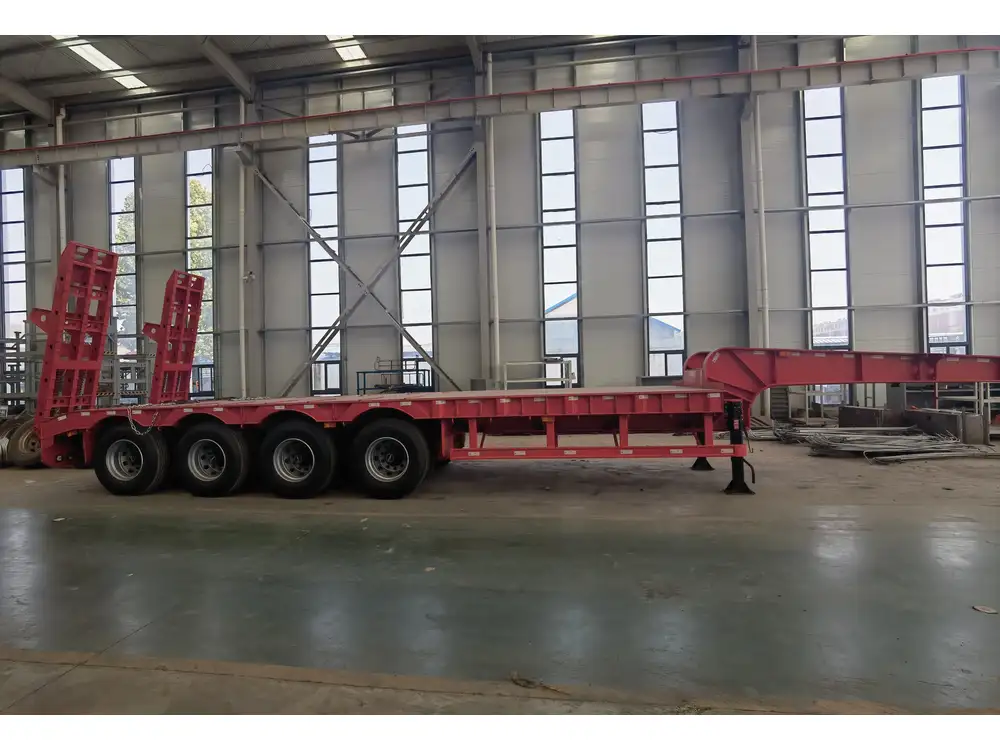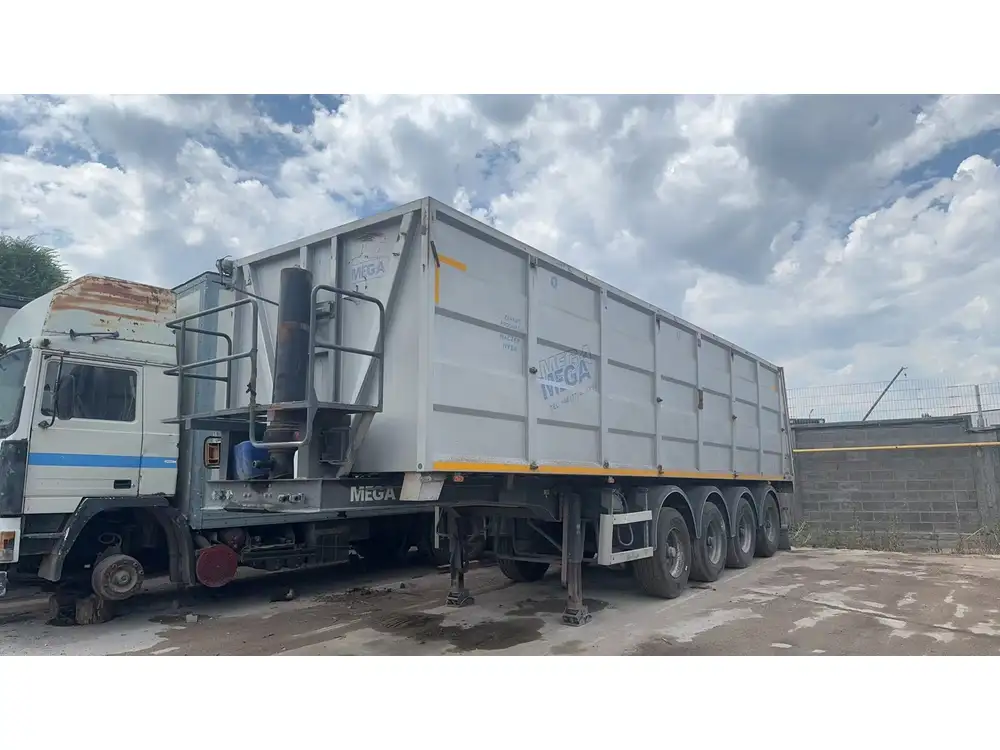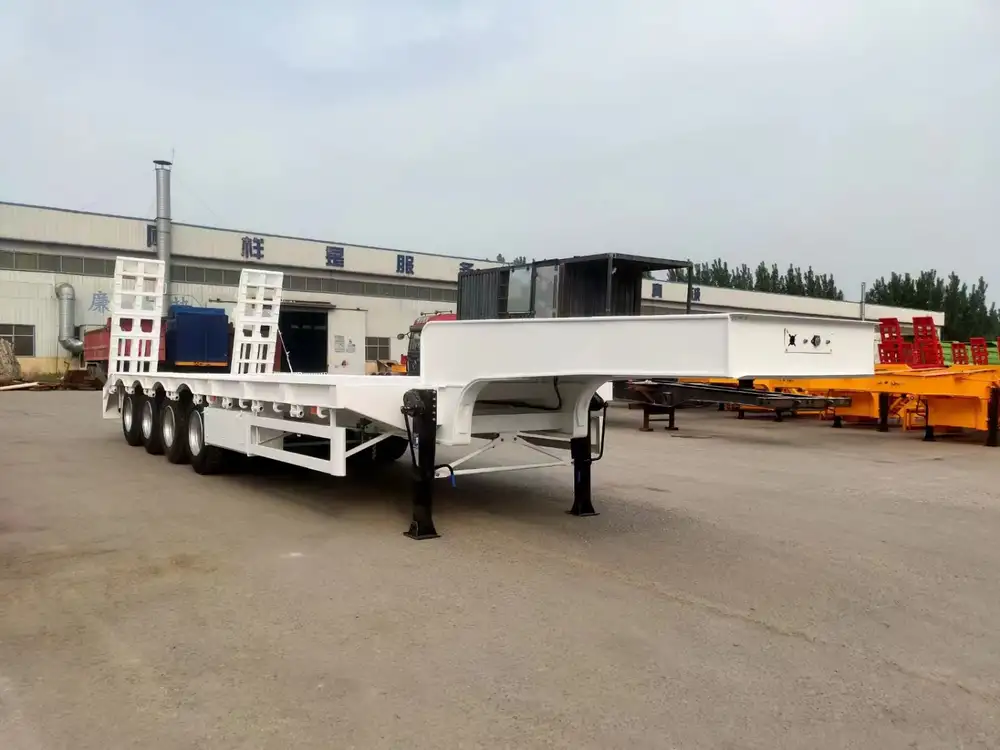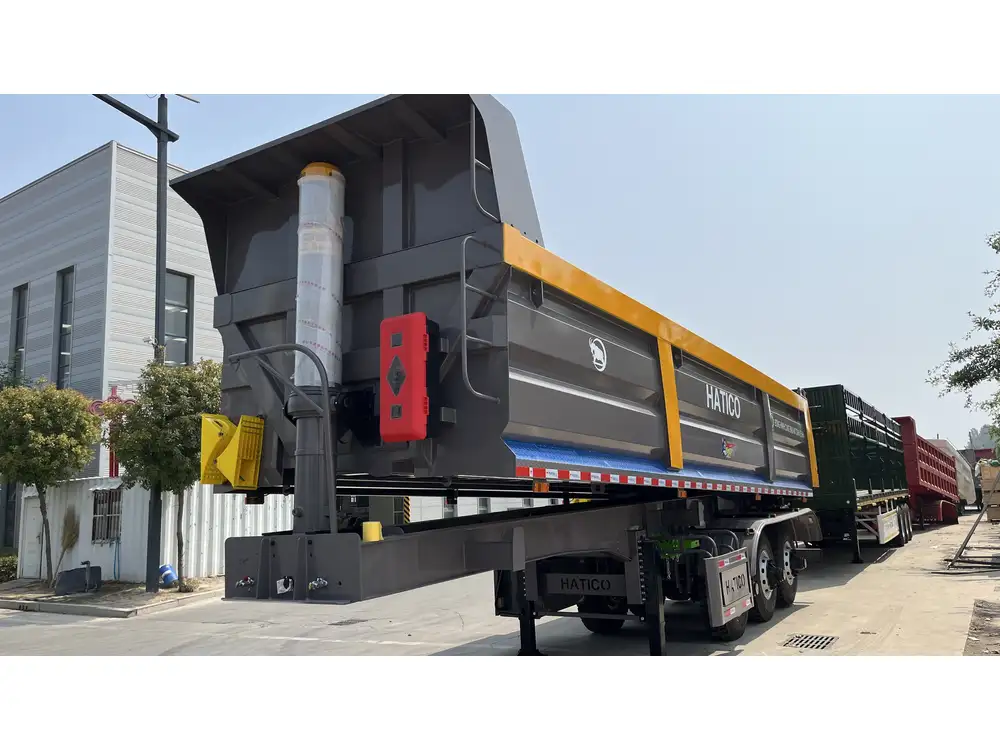When it comes to disposal of unwanted materials, one frequently raised question among trailer owners is: can I take a trailer to the dump? It’s not just a matter of loading up the trailer and driving to your local landfill; various regulations, fees, and logistical considerations come into play. This guide will dissect the complexities surrounding the use of trailers for waste disposal and provide valuable insights on navigating this process.
Understanding Trailer Types and Their Limits
Before delving into the intricacies of taking a trailer to the dump, it’s essential to understand the different types of trailers and their capabilities. Here are the primary categories:
| Trailer Type | Description | Common Uses |
|---|---|---|
| Utility Trailers | Open, flat trailers ideal for hauling loose material. | Construction debris, bulk waste. |
| Enclosed Trailers | Trailers with sides and a roof, protecting cargo. | Transporting sensitive items, local moves. |
| Dump Trailers | Specifically designed with a hydraulic lift for unloading. | Bulk material disposal, landscaping projects. |
| Cargo Trailers | Enclosed trailers for shipping goods securely. | Moving, business logistics. |
Each type of trailer has distinct advantages and limitations regarding waste disposal. Choosing the right one will determine how efficiently you’ll be able to handle your load at the landfill or dump.
Regulations and Guidelines for Using a Trailer at the Dump
The regulations surrounding trailer usage for waste disposal vary significantly by jurisdiction. Here are some general considerations:
Local Laws:
- Many municipalities have specific laws concerning waste disposal, including what can be taken to the dump and in what vehicle.
- Always check with your local waste management authority or website to understand regional regulations.
Weight Limits:
- Most dumps have weight limits, both for the total trailer and for individual loads.
- For example, a typical dump may allow loads up to 10,000 pounds, but individual trailers may have their own limit based on manufacturer specifications.
Type of Waste:
- Different dumps accept different types of waste. For instance, some may accept general household junk, while others may have restrictions on hazardous materials like chemicals or batteries.
- Consult your local dump’s guidelines to ensure you’re compliant.
Permit Requirements:
- Certain locations require permits or pre-arranged appointments for accepting larger items or using trailers.
- Always obtain necessary permits before heading to the dump.
Fees:
- Most dump sites charge fees based on weight, type of waste, or both. Ensure you’re informed about these costs before embarking on your journey.

Preparing Your Trailer for a Dump Run
Efficient preparation can significantly influence your experience at the dump. Here’s a checklist to guide you through the process:
1. Clean Up the Trailer
Ensure your trailer is clean and empty before loading. Remove any existing debris to prevent contamination of your new load.
2. Inspect the Trailer
Conduct a thorough inspection to ensure that your trailer is roadworthy:
- Check tire pressure and tread.
- Ensure lights and brakes are functioning properly.
- Verify that the hitch is secure.

3. Load Properly
When loading your trailer, consider the following:
- Weight Distribution: Place heavier items at the bottom and distribute weight evenly for balance.
- Securing the Load: Use straps, tarps, or nets to secure items during transit to prevent shifting or falling out.
- Mind the Height: Be cautious of any height restrictions when approaching the dump.
4. Map Your Route
Identify the quickest and most efficient route to the dump. Check for any road closures or construction that may delay your arrival.
What to Expect at the Dump
Understanding the typical process at a landfill can help alleviate any confusion for first-time visitors. Here’s a step-by-step breakdown of what happens when you arrive:

1. Weighing In
Upon arrival, vehicles and trailers are usually required to weigh in at a designated area:
- Scale Procedures: Drive onto the scale with your trailer and wait for the staff to record your weight.
- Documentation: Have any required permits or identification ready for review.
2. Disposal Process
Following the weigh-in, follow the directions to the disposal area:
- Designated Zones: Be prepared to direct your trailer to specific zones for different types of waste.
- Self-Unloading vs. Assistance: Depending on the facility, you may need to unload material yourself or receive assistance from staff with special equipment.
3. Weighing Out
After disposing of your waste, you’ll need to weigh out:
- This allows the dump to calculate the total weight of waste you disposed of and determine applicable fees.
- Keep your receipt for payment records.

Tips for a Smooth Trailer Dump Experience
Handling a trailer dump run can be cumbersome, particularly for novice users. Follow these tips to ensure a smooth process:
Time Your Visit: Weekdays often experience less traffic than weekends. Consider visiting early in the morning or later in the day.
Bring a Helper: If you have large items, it may help to have someone assist you with loading and unloading for safety and efficiency.
Have Cash or Card Ready: Prepare to pay fees. Some locations may only accept cash, while others are card-friendly.
Follow Safety Protocols: Always adhere to safety measures in the dump such as wearing gloves and protective gear while unloading.
Keep It Legal: Don’t attempt to dispose of illegal items like paints, chemicals, or batteries unless the facility explicitly welcomes them.
Alternatives to Using a Trailer for Waste Disposal
While trailers are a common choice for moving large amounts of waste, alternatives exist. Here are some options:
| Alternative Method | Advantages | Considerations |
|---|---|---|
| Dumpsters for Rent | Convenient for large projects; flexible rental periods. | Cost varies based on size and duration. |
| Waste Removal Services | They handle loading and disposal, saving time. | Higher service fees and less control over disposal. |
| Recycling Centers | Many materials can be diverted from the landfill. | Requires sorting and additional trips. |
| Donation Centers | Donate usable goods instead of disposing of them. | Items must be in good condition. |
Each of these alternatives has its benefits and challenges, suitable for different types of waste management needs.
Conclusion
Deciding whether to take a trailer to the dump involves understanding a range of factors including regulations, the types of trailers suited for disposal, and the logistical nuances of waste disposal etiquette. By preparing thoroughly and adhering to local guidelines, you can ensure a smooth experience while contributing to environmentally responsible waste management.
With the right knowledge and foresight, the question “can I take a trailer to the dump?” transforms from a tentative inquiry into a confident decision, helping maintain the environmental integrity of your community while efficiently managing your waste disposal needs.



